2/5/2022 by Larry Barker
The religious climate has been changing for years and is quite alarming. Surveys have reported that on any given Sunday only 17% of the population is in church. Some believe that America has all the churches it needs but the exact opposite is true. It has been projected that by the year 2050 North America will need an additional 300,000 to 400,000 new churches (doubling what there is now) just to keep up with population growth. Seven states qualify as unreached people groups with only 2% of the population being evangelical. Missiologists state that it requires at least 10% of a people group to effectively evangelize their neighbors.
This makes a dangerous assumption that the 10% are doing the work of evangelism. The reality is that most studies say that only 3-5% of believers are actively sharing their faith. Now, there is a new study that takes a deep look at what is being described as the “nones.” In 1972 only 5% of Americans claimed “no religion” on the general social survey but in
2018 that number rose to 23.7%. This makes the “nones” as numerous as both evangelical
Protestants and Roman Catholics put together. Every indication is that the “nones” will be the largest group in the United States in the next decade!
In The Nones: Where They Came From, Who They Are, and Where They Are Going by Ryan Burge, he digs deep into what we need to be aware of in order to more effectively reach this new, ever-increasing demographic group. Dan White Jr recently tweeted, “The church has tried to do so much of its mission from the stage! We need a break from the stage in order to reorient us to the streets.” Will Mancini challenges us with this thought, “Church has to be more than a show on Sunday with a few hooks in the water!” How do we get back to the mission of God in our local neighborhoods and reach our communities with the gospel?
We must recommit to making disciples from where we work, live, and play. God is in the business of strategically positioning us in the right place, at the right time, with the right people. Do you have a discipleship pathway that equips, empowers, and releases your people to make disciples in the coffee shops, at the ball fields, and in the homes of their neighbors? It appears that the time has come to not only have program-driven discipleship but to train our people to be ready and prepared to disciple when God opens the door. The truth is that just because people are going to church it does not guarantee they are growing in Christ.
We must begin praying for our communities and not stop. Prayer is the difference between the best you can do and the best God can do. I have stated many times that I was too young when I began pastoring my first church but God convicted me recently that He called me and He placed me there. God loves using us before we feel like we are ready and loves using us after we think we are through. He loves using us in our weaknesses because that is when He receives the most glory. The key is your willingness to prayerfully submit to His voice. Pray for discernment in having the right motives, actions, and message.
Then give the “nones” and others all the wrong reasons to show up. Ryan shared that theologians think primarily vertically while political science causes you to think horizontally. While you should not stop focusing on theology the challenge is to begin focusing on loving those around us as Christ desires us to love them. You can be theologically sound and culturally relevant. If you remain only vertically focused you can miss the opportunities to be Christ to others around you, i.e., the Good Samaritan! Maybe they come for the wrong reasons; a meal, an event, or something else but then the Holy Spirit uses that to draw them?
Have you lost your credibility as living, acting, and reacting like the body of Christ God has called you to be? Studies tell us that people believe what you say based on your actual words (7%), your tone (38%), and your body language (55%). Church, what is your body language saying to the world and the community around you? Can they see that your actions are giving credibility to what you say you believe? Are you acting and reacting to the culture in a supernatural biblical manner? Jesus said we are to turn the other cheek, love our enemies, bless them that curse us, and pray for those who persecute us. How are you doing at that?
Reacting to the world in a Christian manner is counterintuitive and counter-reactive. How do you do that? Mark Batterson says, “We absorb the sinful, hurtful energy of others and convert it into a righteous response. Being treated wrongly becomes a catalyst for prayer. Nothing reconditions our spiritual reflexes like prayer!” Grace means I will love you no matter what and truth means I’ll be honest with you no matter what. It always circles back to prayer and you must pray for discernment to be wise but also harmless. How can your church best honor and glorify God in your present situation? Love on people who are far from God with no expectations and no strings attached. Allow God to show you ways to demonstrate His love in practical ways. Allow the “body language” of your church to remind the people in your community that the church is a force for good and that it does create a world less awful. The light may seem dim but imagine it without any light! Some other resources that you might be interested in are The Art of Neighboring by Jay Pathak and Dave Runyon, Future Church by Will Mancini, and Cory Hartman

